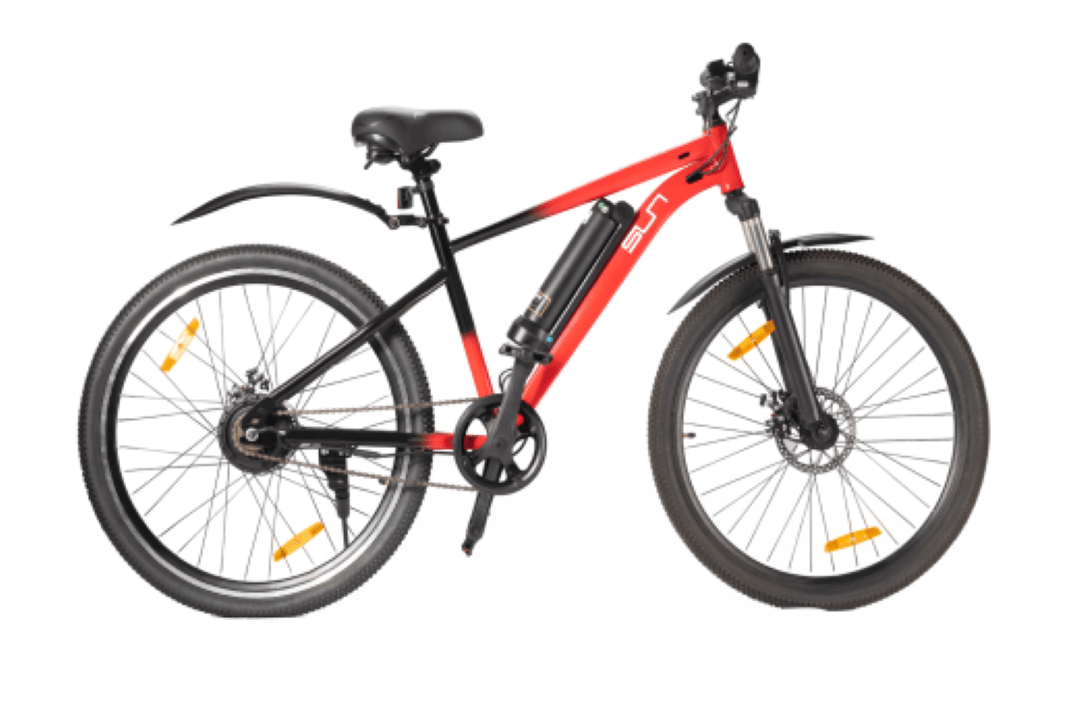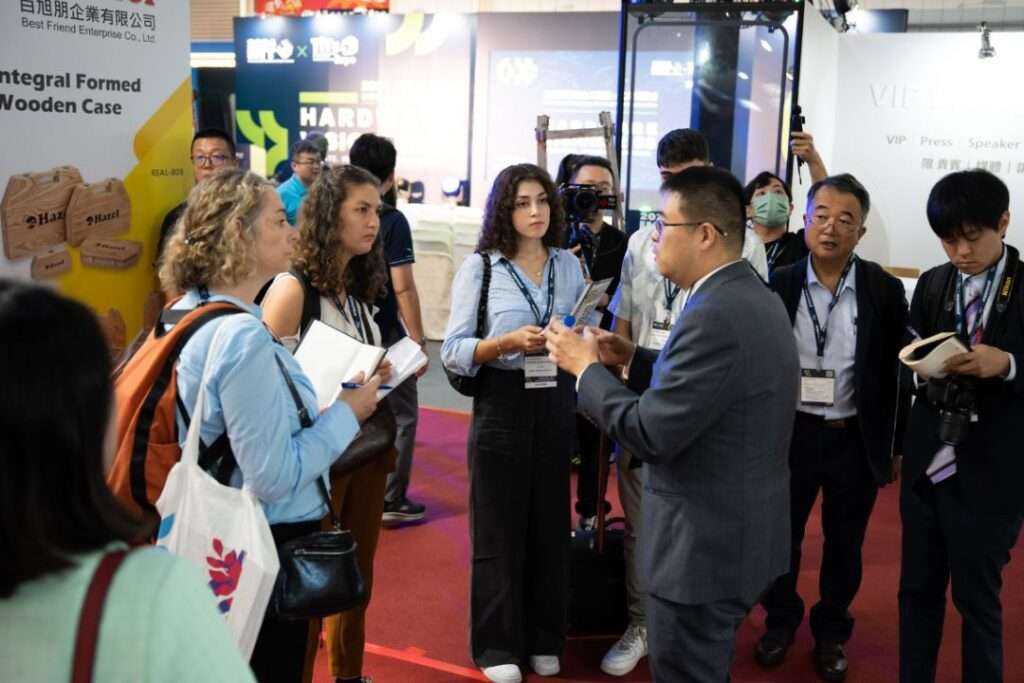Electric vehicle maker iGo has entered a manufacturing partnership with Pune-based Sun Electro Devices, moving away from the common trend of building in-house factories. The tie-up, announced on August 12, will focus on expanding production of iGo’s electric 2.5-wheeler models.
The companies aim to ramp up output to 1,000 units per month within the next seven months. Initial rollouts are planned for Pune, Panjim, and Mumbai. Unlike many firms in the sector that have invested in fully integrated manufacturing setups—often with support from government initiatives like the Production Linked Incentive (PLI) scheme—iGo is opting to leverage existing production infrastructure.
“Building new hardware is tough. Creating a product people love, getting it certified, and then bringing it to full-scale manufacturing is a major challenge,” said Sravan Kumar Appana, CEO of iGo. “Even strong products can stall at the manufacturing stage. This collaboration helps us move past that hurdle.”
Sun Electro Devices runs a 30,000-square-foot facility in Chakan, near Pune, with a background in automotive production and OEM services. Its established supply chain and manufacturing experience are expected to support iGo’s scale-up efforts.
iGo’s vehicles are positioned between scooters and electric rickshaws, offering features like self-balancing, anti-topple technology, and a triple-disc braking system. Designed for city travel, the vehicles target urban mobility needs.
India’s electric vehicle sector has grown rapidly in recent years, drawing interest from both new entrants and established carmakers. While some companies build dedicated production units, others, like iGo, are choosing to collaborate with existing manufacturers to speed up delivery timelines and manage costs.
iGo, operating under the name iGowise Mobility, develops electric mobility solutions for both urban and rural markets. By partnering with an experienced manufacturer, the company aims to bridge the gap between product development and full-scale production, a step that often proves difficult for early-stage hardware ventures.








